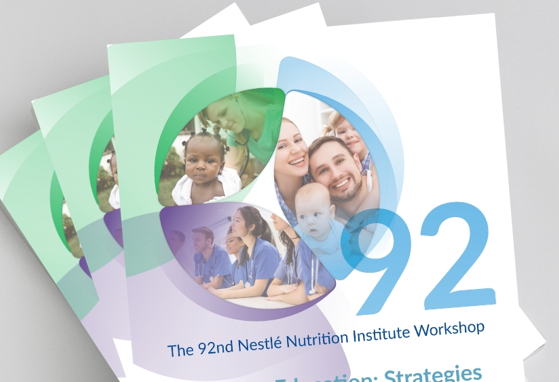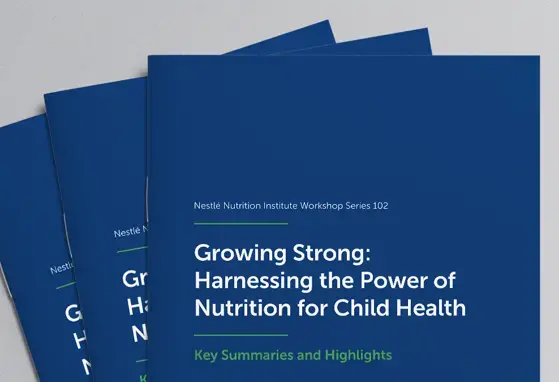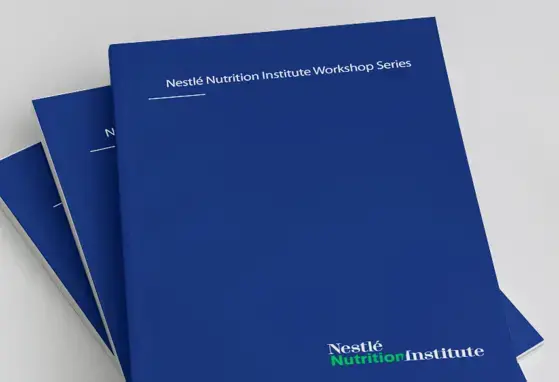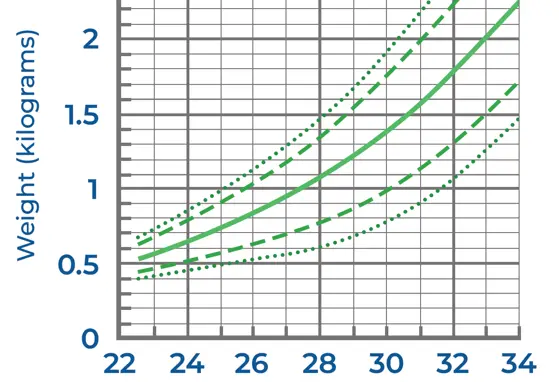Nutrition Publications
Here you will find freely downloadable publications on the latest nutrition topics, such as early infant nutrition, nutritional avenues to allergies, sports nutrition, and nutrition in disease states such as dysphagia or critical illness. All 3000 papers are organized across categories to make it easier for you to find specific information. If you are missing a reference you can also use our search function.



Latest Publications

Complementary Feeding: Building the Foundation for Lifelong Health

The Nest 55: Empowering Mothers: The Interplay of Nutrition, Microbiome, and Long‑Term Health

Annales 82.3 - Complementary Feeding and Future Health

NNIW102 - Growing Strong: Harnessing the Power of Nutrition for Child Health





